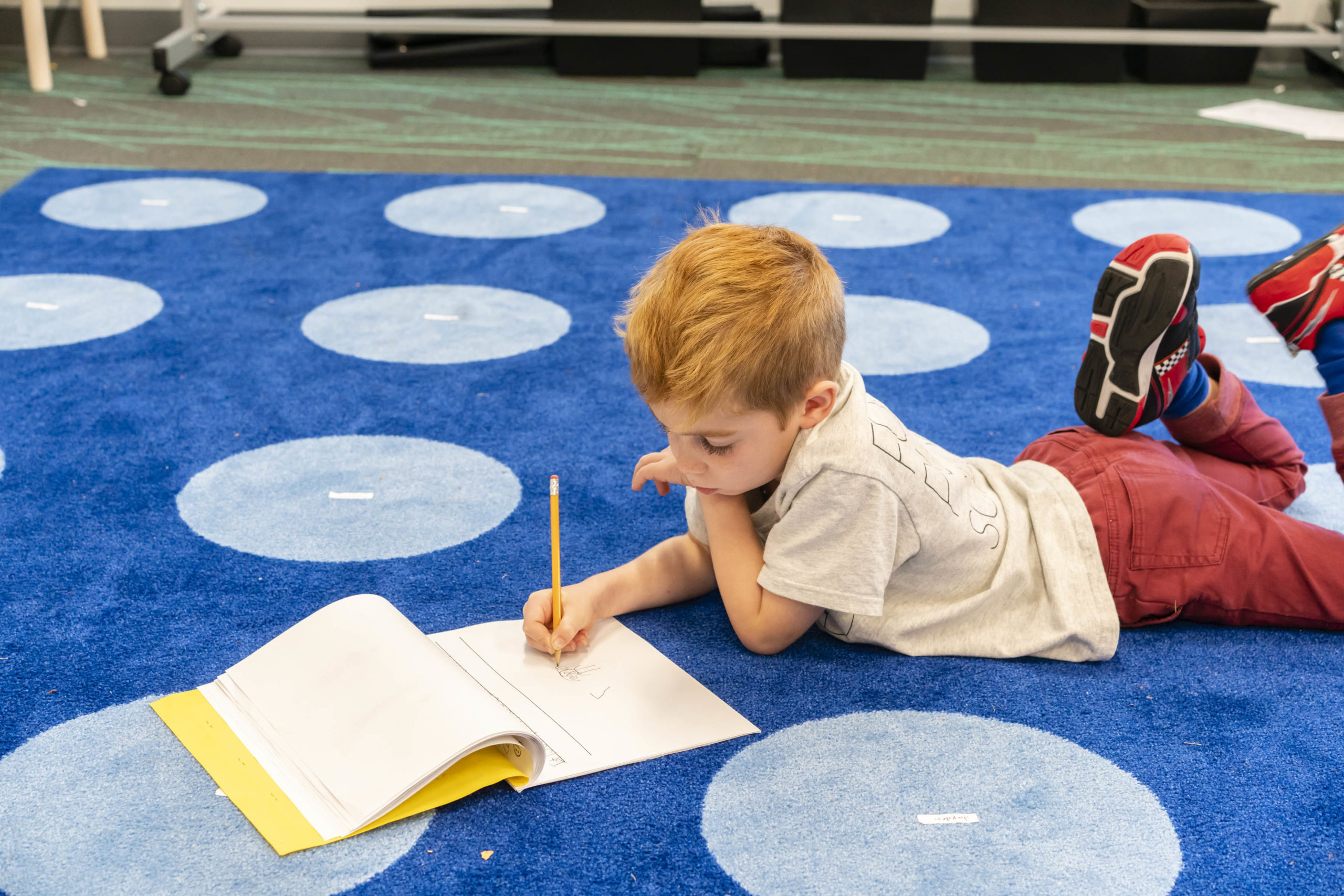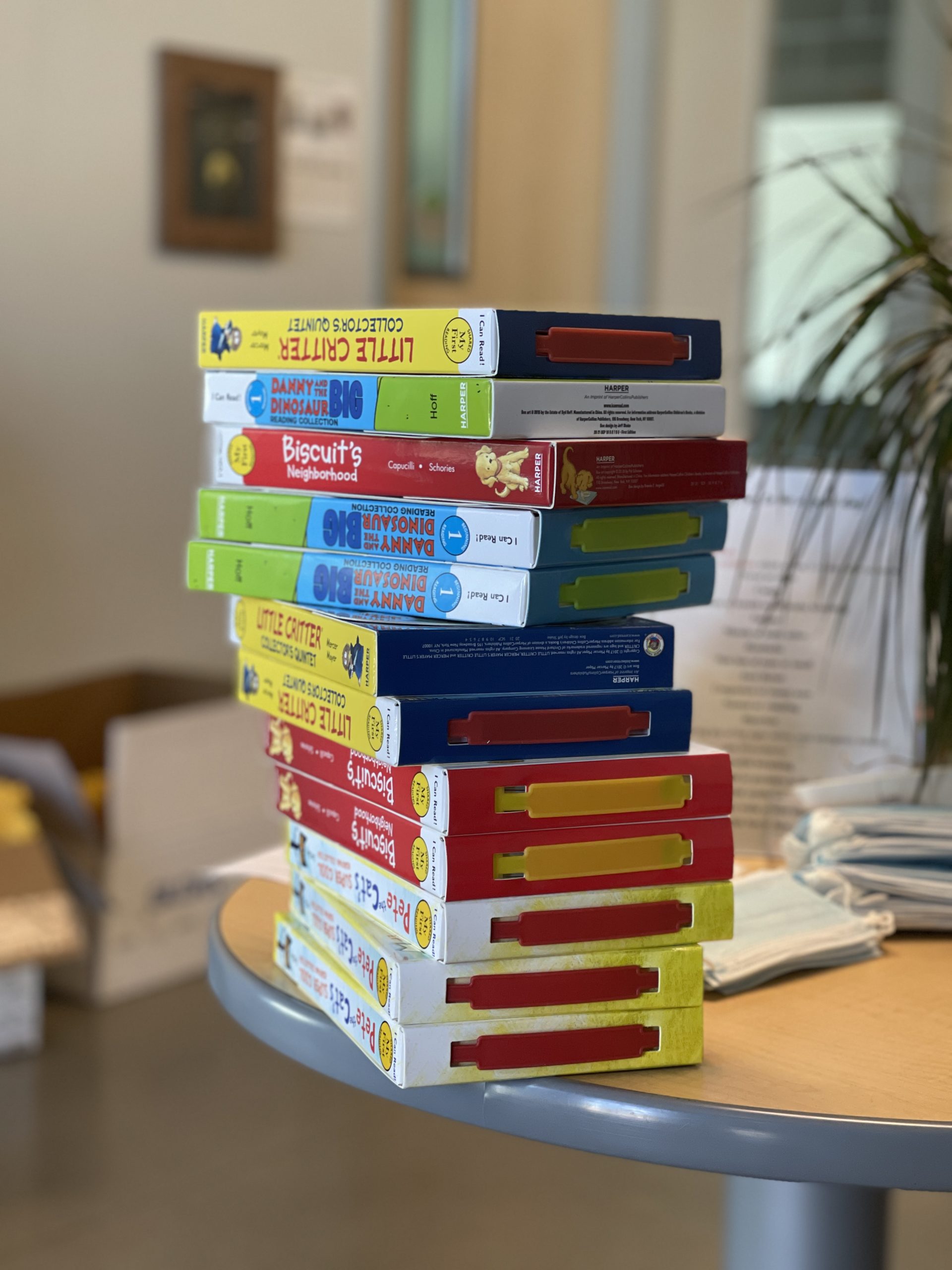
Tips for Parents on How to Prepare Their Little Ones for Kindergarten
For most families, back to school is top of mind this month, as students and parents prepare to dive back into learning.
Last fall, Bluum and Public Impact partnered to curate a list of resources that families may use at home to support young learners—preschool to early elementary—during distance learning, which can still be helpful as students re-engage with learning.
As some families prepare for in-person learning, and to celebrate Get Ready for Kindergarten month, Bluum asked partner school leaders to share their tips for parents on how to help their little ones be ready for their first day of school.
READING
It’s never too early to start preparing your child for kindergarten. Anthony Haskett, Principal and Founder of MOSAICS Public School said parents are “first and foremost their child’s teacher.”
“More growth and development happen in the first five years of life than in any other timespan,” Haskett said. “How parents interact and teach their children in those critical five years truly impacts children’s readiness for school.”
Haskett and other educators recommend parents read to their children before they reach kindergarten – at least 20 minutes every day – to prepare them for how much reading they will be expected to do in school.

Treasure Valley Classical Academy (TVCA) in Fruitland builds upon those early reading skills to focus intensely on character development, literacy and numeracy. They use stories to teach “courage, courtesy, honesty, perseverance, self-governance and service.” While doing so, they also build the foundation for phonemic mastery of the English language.
Principal of TVCA Stephen Lambert said he recommends parents teach them about the virtues and to read to their children daily from Great Books to further enhance their word comprehension. A few books on the school’s curriculum list are Dr. Seuss and various series including Frog and Toad .
Jason Bransford, CEO of Gem Innovation Schools, shared this toolkit which their schools provide to parents of incoming kindergarteners.
SKILLS FOR THE CLASSROOM
Reading isn’t the only thing parents can work on with their children. There are other skills that can be taught to prepare them for a classroom setting
In addition to 20 mintues of daily reading, Haskett also recommends that parents and family members “ count items with their child when they are cooking or shopping, to identify shapes and colors in their surroundings, to do art projects with cutting and drawing lines, to sing songs and practice their alphabet, to play with their children, and to practice sharing. These skills create a strong foundation for teachers to build upon when children come into the classroom.”
And when the littlest students arrive in the classroom, the option for all day kindergarten doubles down on all the hard work parents put in.
Kindergarten teacher Kary Amburn at North Idaho STEM Charter Academy said she has seen the benefits all-day kindergarten has on her students — especially in reading.
“Reading fluency has skyrocketed. It’s such a joy to see their tremendous growth. Most students are above 40 words per minute. All students know their letter names and sounds quickly,” Amburn said.
Amburn said students benefited in all subject areas in her classroom. She said the extra time students got during all-day kindergarten added greatly to each student’s ability to communicate, problem solve, work as a team member, and increased social skills.
At Bluum we believe all-day kindergarten benefits students in numerous ways. 17 of our partner schools, public charter and private, are receiving J.A and Kathryn Albertson Family Foundation funding to provide all-day kindergarten for more than 1,000 students. The Foundation is spending about $1.4 million per year to support the program, which provides this option to families free of charge. Administrated by Bluum, data from the 3-year pilot will be analyzed to look at lasting impacts of full day kindergarten.
—



